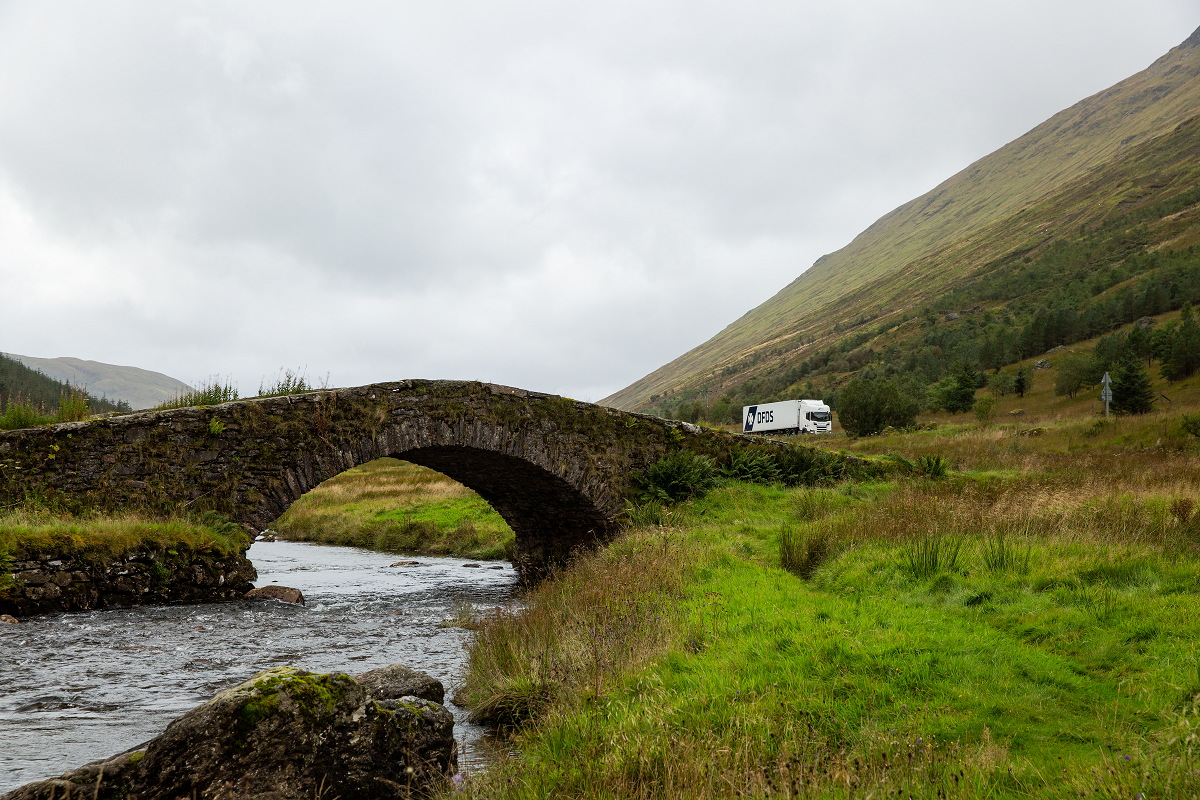
How we reduce our environmental footprint
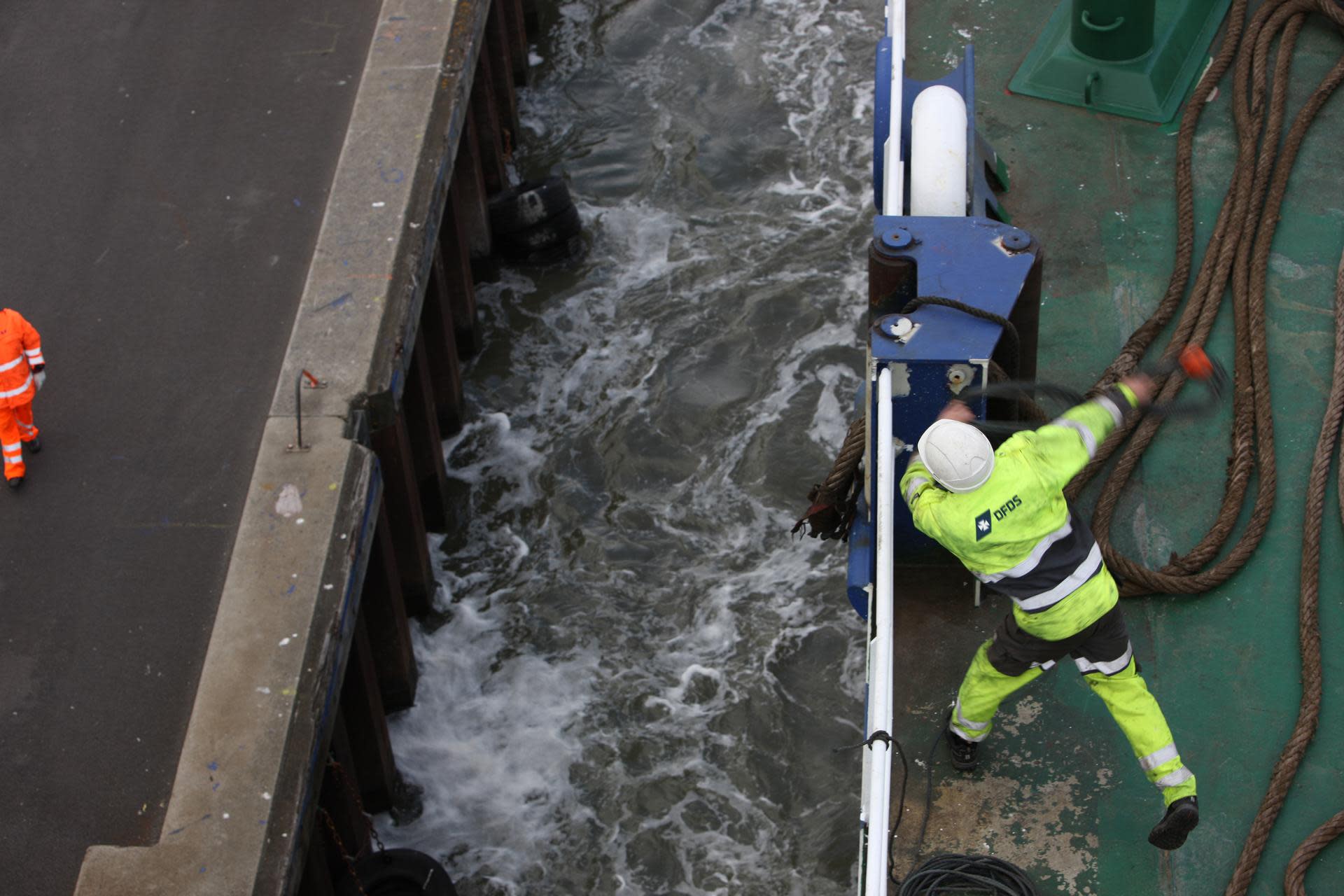
Addressing our environmental footprint
Our business has a substantial environmental footprint. We want that to change. We are working to reduce it through incremental changes to daily operations as well as longer term initiatives that reduce emissions, through local projects and group-wide action.
Improve air quality
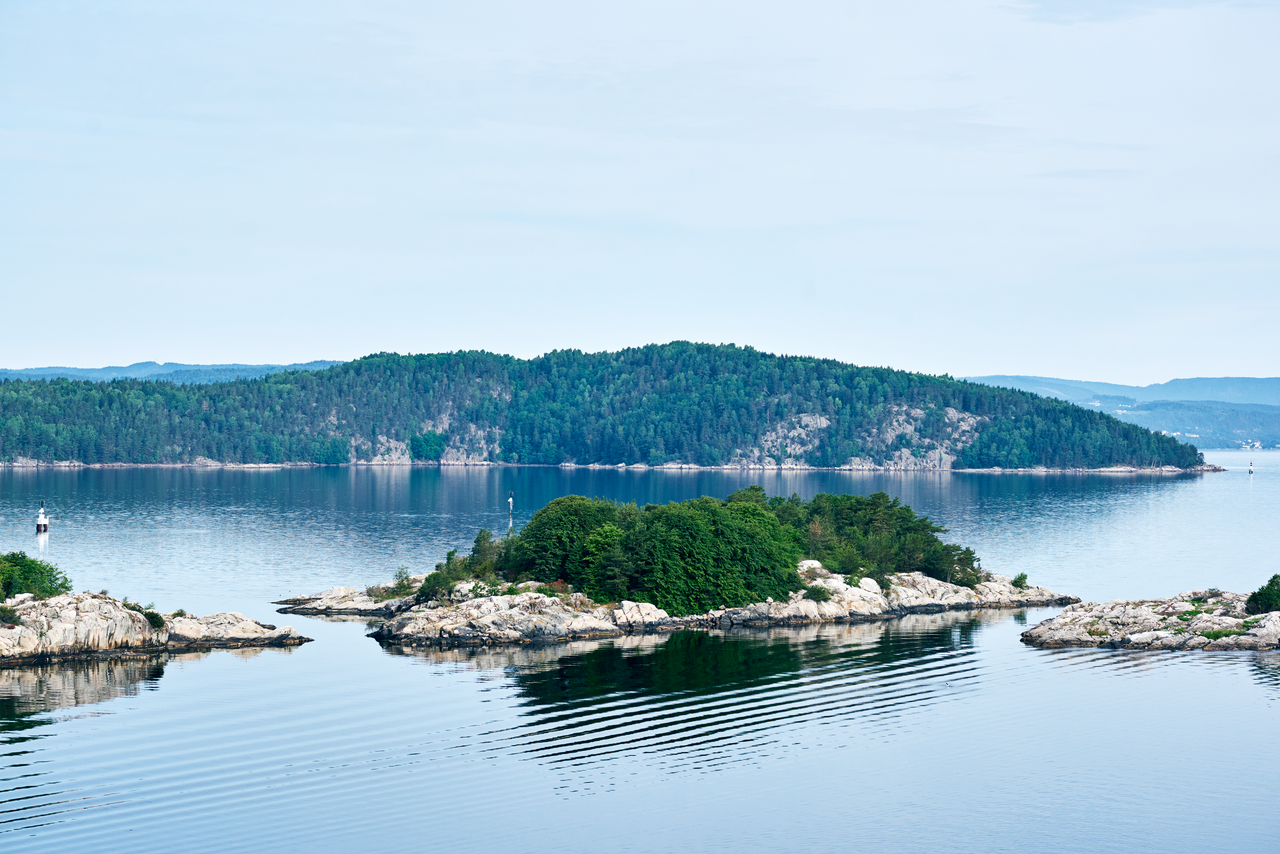
Cleaner air through reducing emissions
We focus on reducing greenhouses (GHG) as well as local air pollution of SO2, NOx, and black carbon. Our fuel consumption has been falling steadily since 2007.
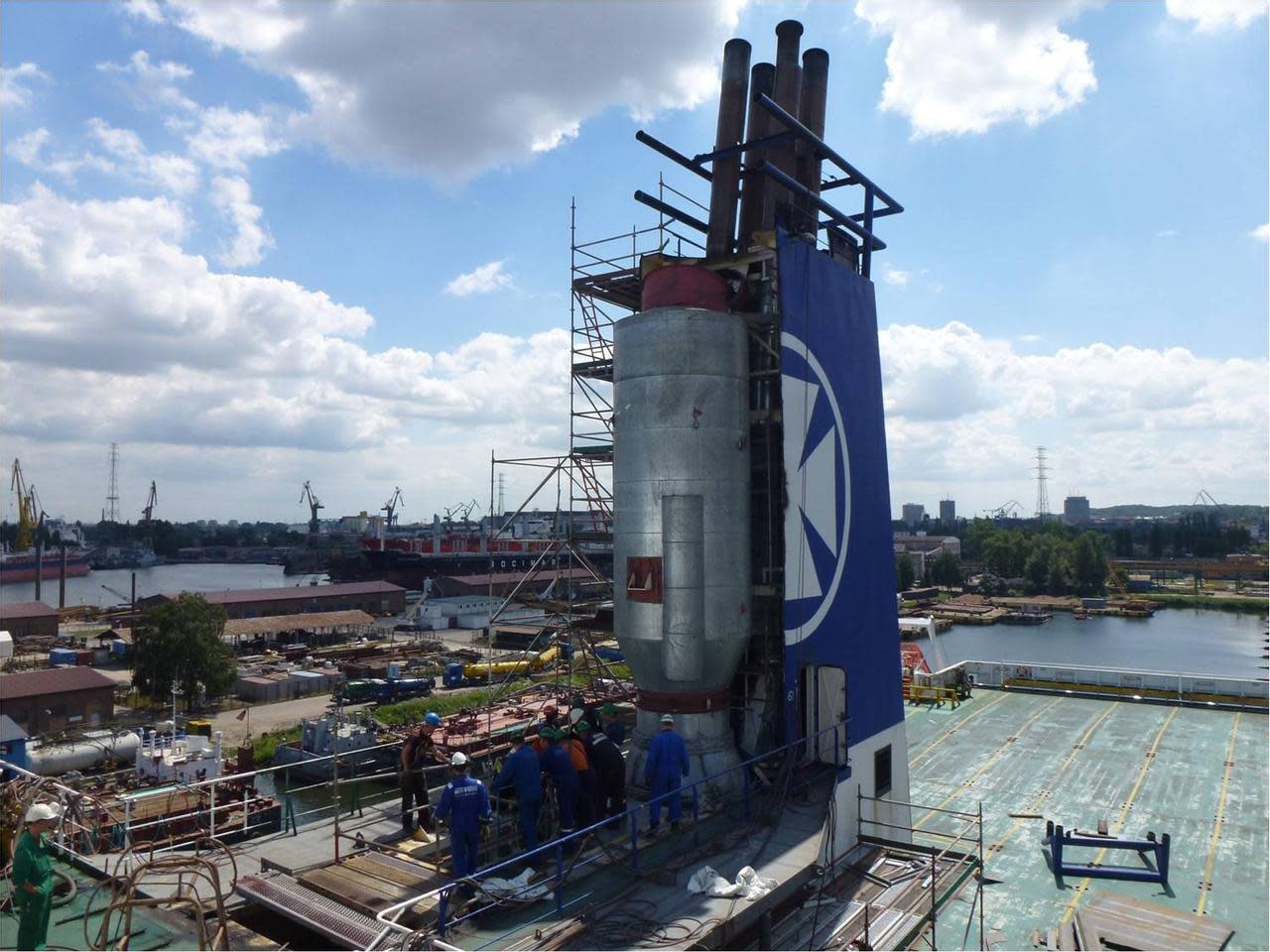
Pioneering maritime scrubber installations
We have used scrubbers – advanced air cleaning systems that remove SO2 from engine exhausts – since 2010. We believe scrubbers are the most viable and best available option to combat SO2 and other air pollution particles.
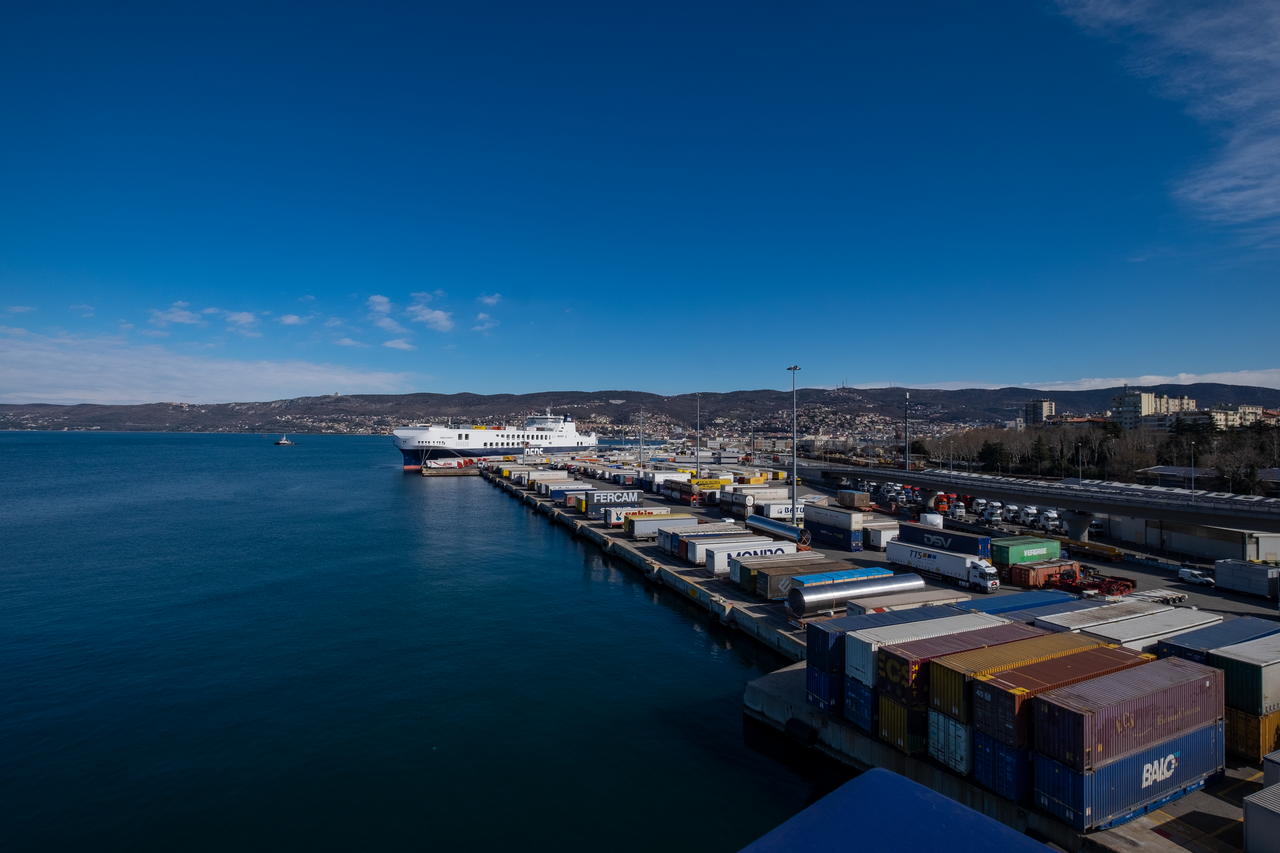
Shore power supply on vessels
We are installing shore power supply on many vessels to be able to switch off auxiliary engines during port stay and cut emissions of NOx and particle matter. Shore power significantly improves local air quality and has the potential to be emission-free if derived from renewable electricity sources.
Responsible neighbour
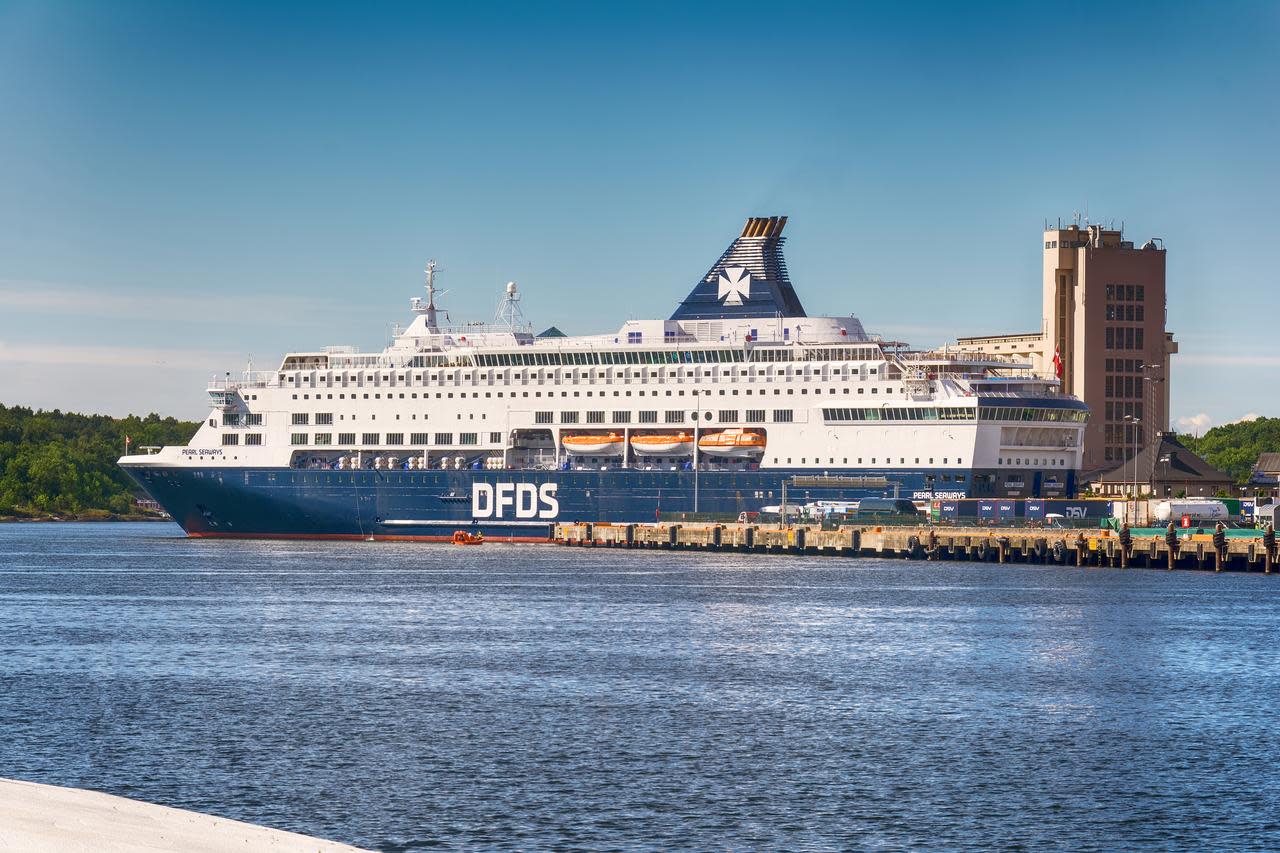
Taking local responsibility
We operate in places where people live and work and want our neighbours to experience us as responsible in all areas of our business. It involves making our buildings energy-efficient, shifting to hybrid and electric vehicles to improve air quality, and focusing on how we procure and how we manage our waste.
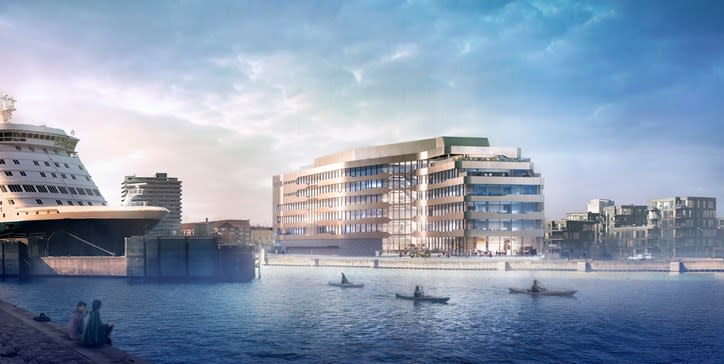
Building an energy-efficient head office
Our new Copenhagen head office is ready in the beginning of 2022. It will be certified to DGNB Gold standards, fitted with solar panels and will operate a sophisticated recycling scheme. From the outset, it has been designed to support and enhance our people’s well-being by providing a high -quality indoor climate.
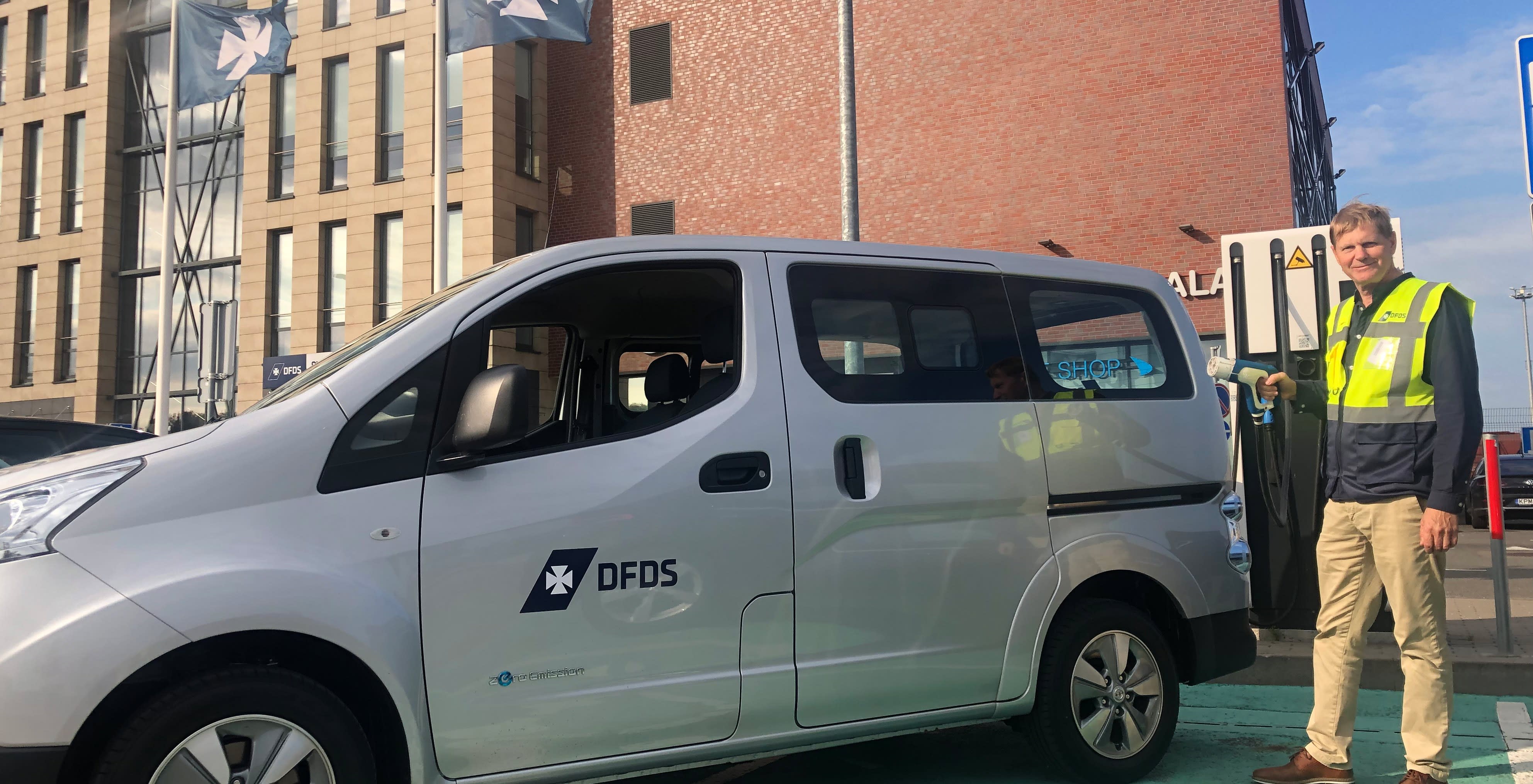
Shifting towards hybrid and electric company cars
Our people often need to get around, for security and terminal duties or meetings, so we have quite a few company cars. However, most of these journeys are occasional or cover short distances, which means there is a great case for using more hybrid and electric cars and vans in our fleet. In Sweden, the transition for company cars has been completed in 2020 as the older petrol or diesel-powered vehicles are replaced. In the UK and Northern Ireland, half of the cars used by terminal staff, security and managers are hybrid or fully electric.

What goes in and what goes out
We take responsible procurement and waste management equally seriously. We work to eliminate single use plastic and work with leading suppliers and manufacturers of sustainable packaging and sustainable food.
Support marine environment
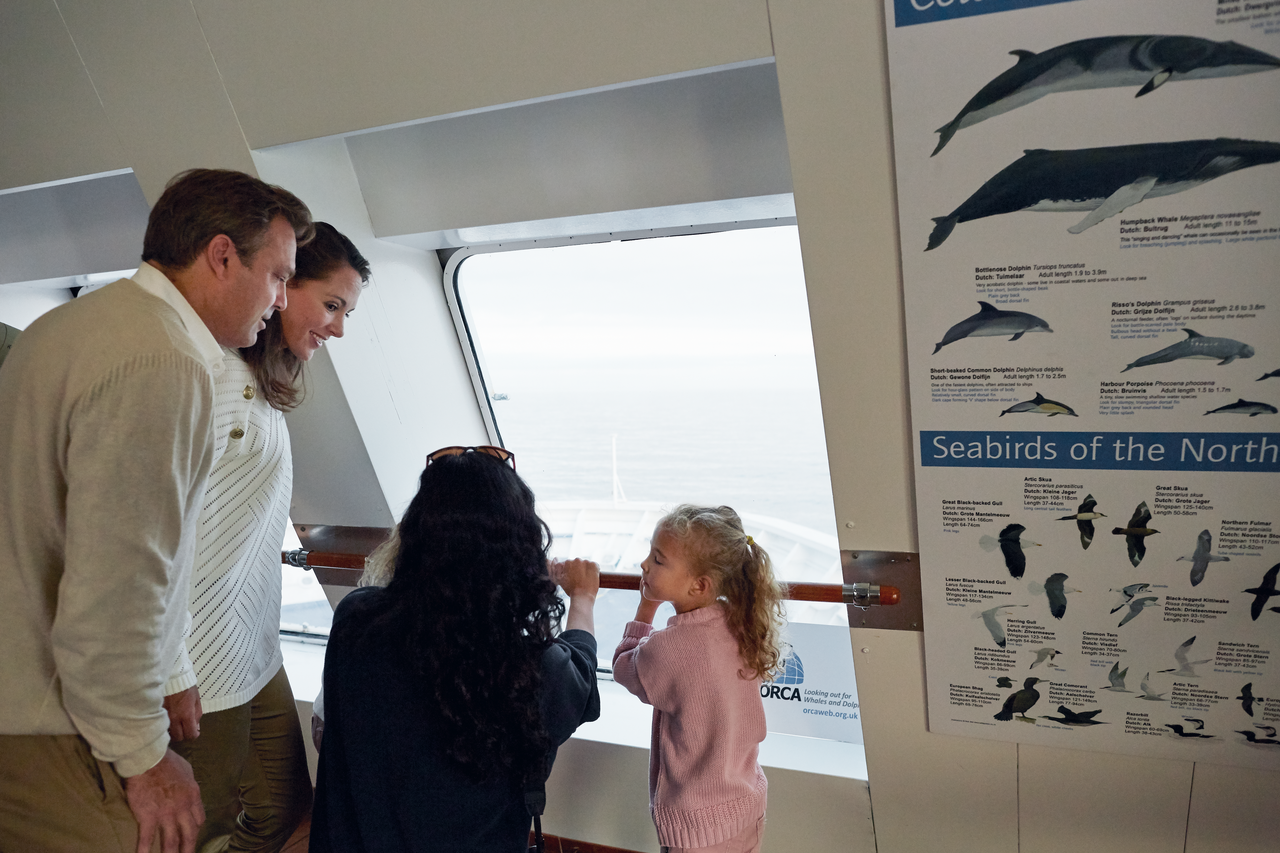
Protecting ocean life
We are committed to minimising water pollution and supporting marine research and education.
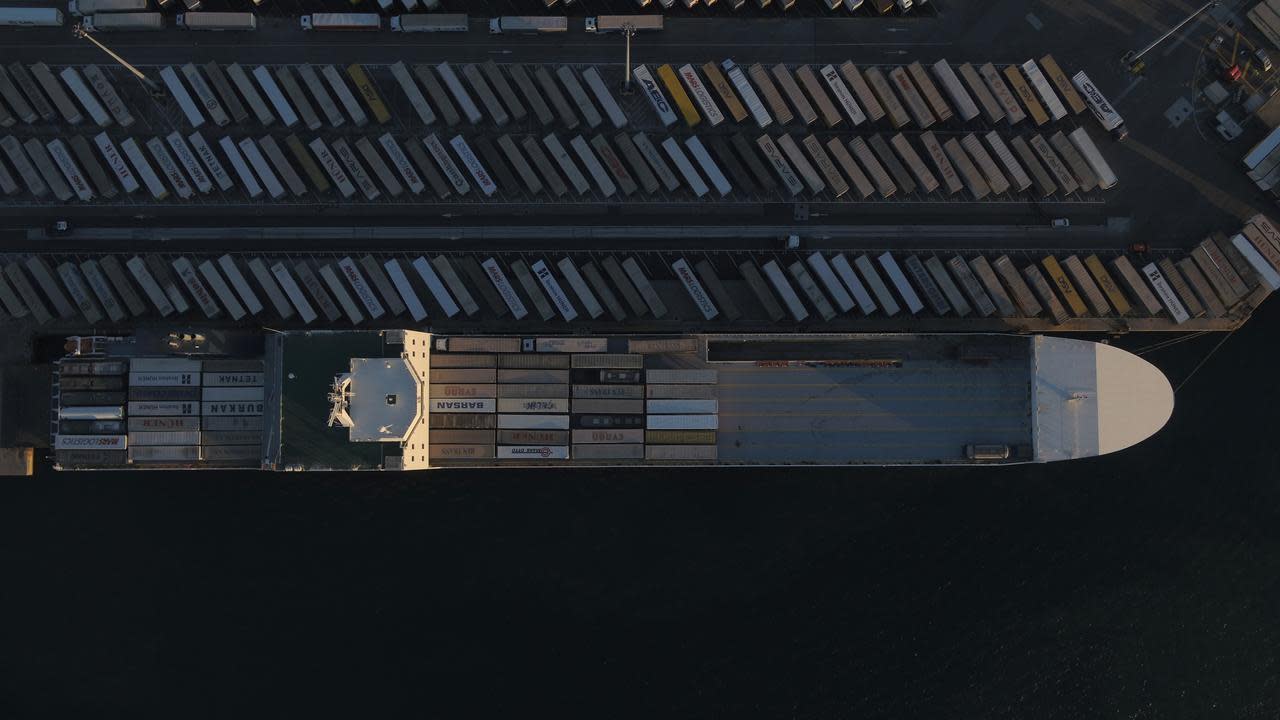
Zero spills
We aim to avoid oil spills by having qualified employees everywhere we need them, combined with advanced technical systems on our operating vessels to avoid collisions, forecast weather, and give maritime warnings. In 2019, we fully met our target for zero oil spills larger than one barrel.
Securing maritime biodiversity
We help prevent the spread of potentially invasive aquatic species through ballast water from ships operating across regions by installing ballast water treatment systems in our fleet.
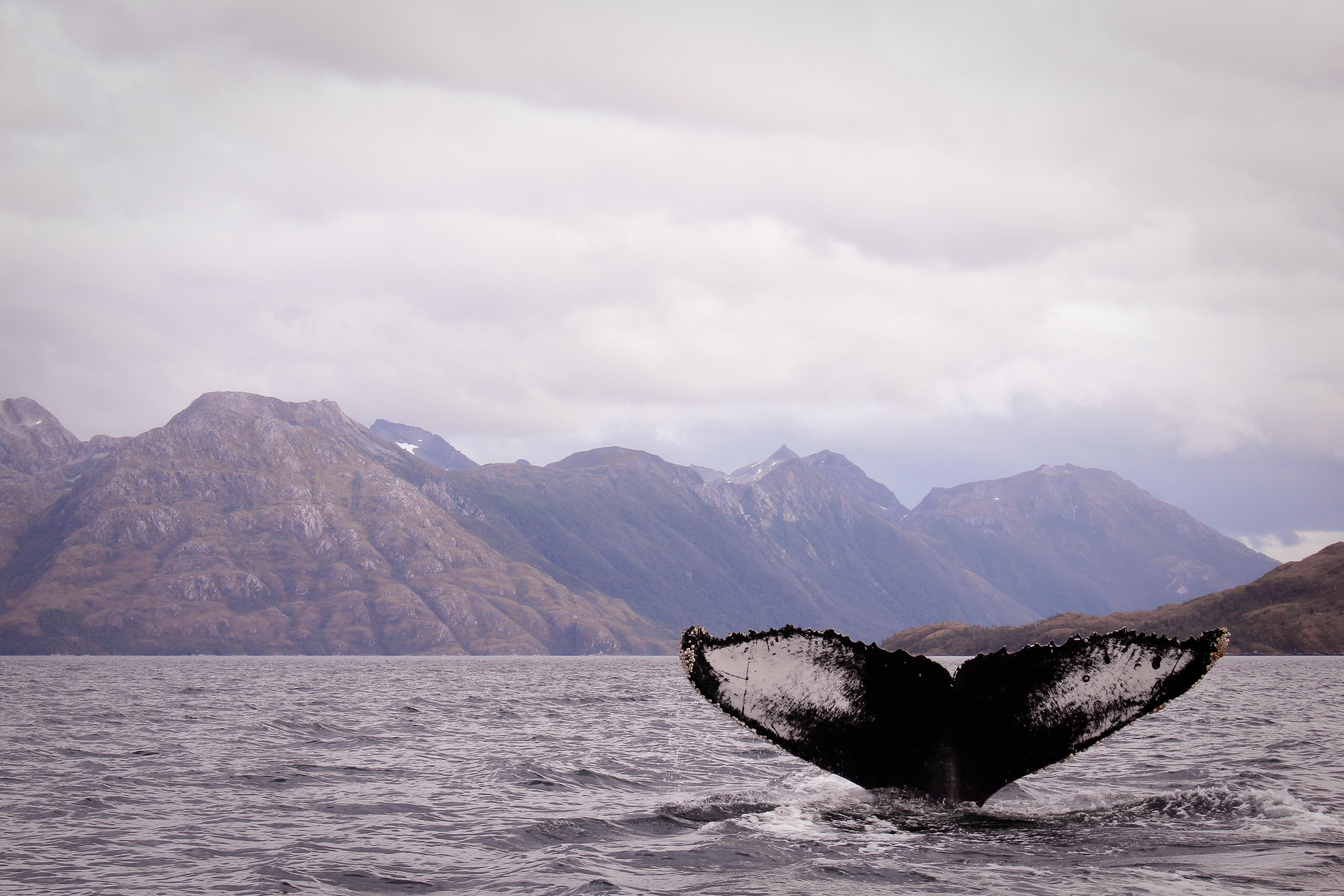
Collaborating with researchers
Scientific research is crucial to uncovering changes in marine environments and can help inform and shape governmental policies to protect biodiversity. By collaborating and giving access to data collection from on board DFDS ferries, we enable our research partners to conduct a wide range of research at sea. Our projects include monitoring and protecting whales and dolphins with ORCA, long-term measurement of the ecological health of marine plankton with the Continuous Plankton Recorder Survey and monitoring and researching cetacean and seabirds with MARINElife.
